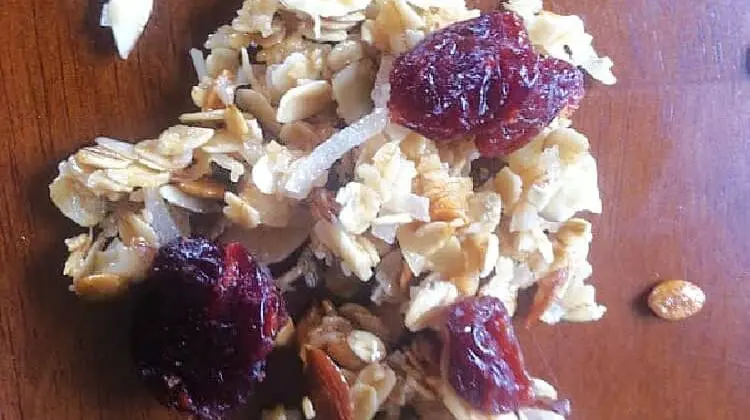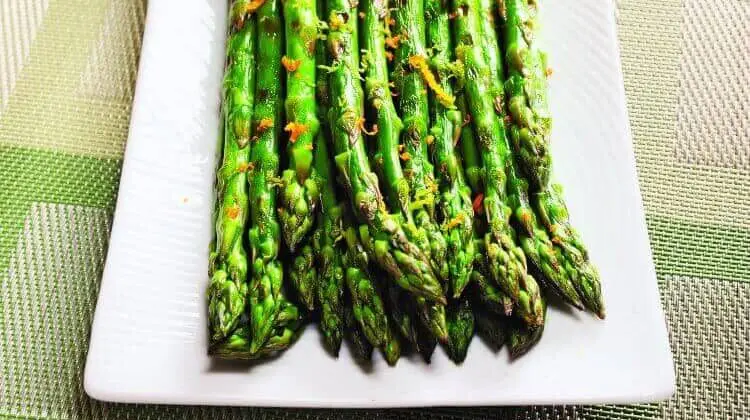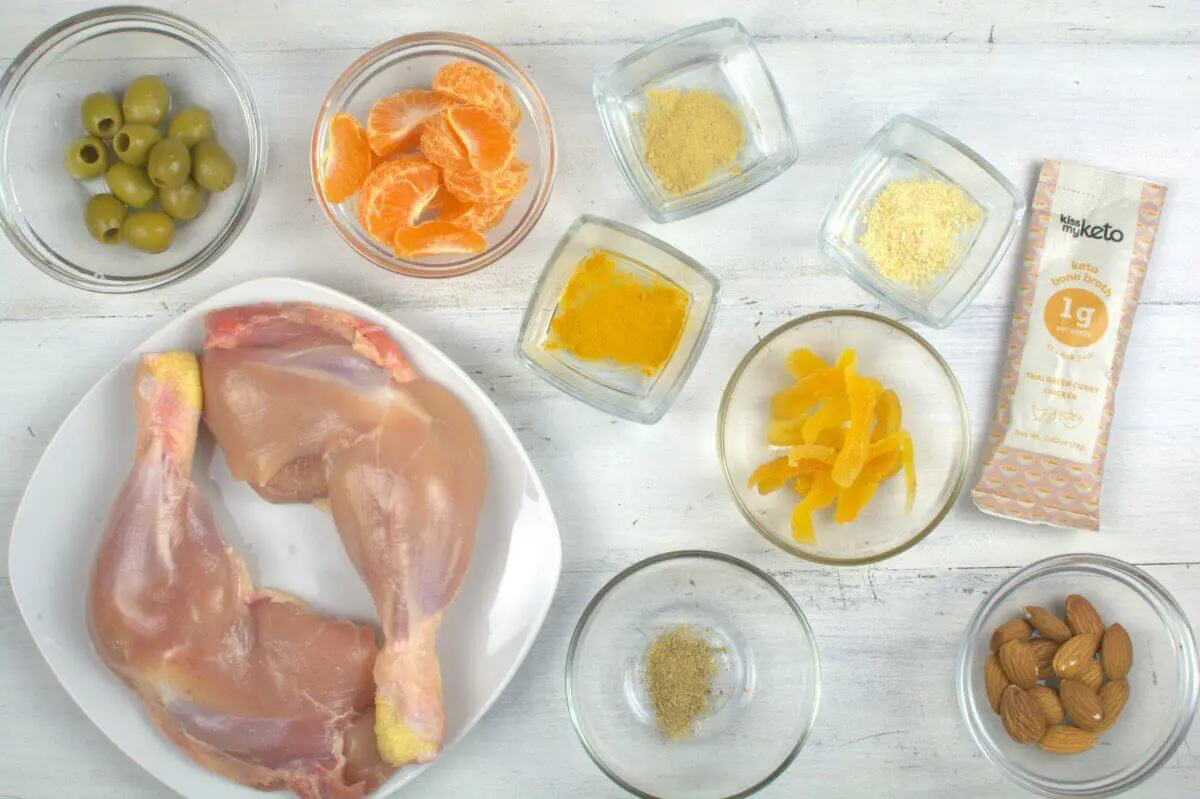Simple snacks for on-the-go are essential for busy lifestyles. Too often we grab the not-so-healthy option because we just don’t have time to check labels and search for healthy foods that are also quick, portable, and convenient. That is why you will love this healthy, easy granola recipe with dried fruits and nuts. It has simple […]
Family Food
Healthy family dinner recipes, family meal ideas, easy family dinner ideas, and family food recipes.
Healthy food ideas, healthy food products, and healthy recipes kids will love.
No Bake 4th Of July Desserts: Easy & Delicious
Are you looking for some Patriotic desserts to help you finish out your Fourth of July celebration in with a bang? Then you are in luck because I have rounded up some of the best No Bake Fourth of July desserts! I chose to focus on no-bake dessert ideas here because July is already hot […]
Citrus Oven Roasted Asparagus Recipe
I just love vegetables and my kids do too. It is all about how you cook veggies to let their natural flavors shine through but still enhance them and compliment them. If way-too-long cooking times and strange ingredient lists always seem to stand in the way of healthy cooking for your family, you will love […]
Gluten Free Onion Soup Mix Recipe- All the flavor without MSG!
Erika Wassall, the Jersey Farm Scribe, here sharing with you a homemade onion soup mix recipe. You know those boxes of dry French onion soup mix? Turning that box of flavor into a soup or a dip is really only the beginning. I use it on roasted potatoes, chicken, roast pork, and meatloaf to make […]
American Flag Cake Recipe [Red Velvet]
The 4th of July is right around the corner and that means patriotism, fireworks and outdoor parties! This easy American flag cake recipe is perfect for the occasion. For the topping, I use a homemade cool whip which is super easy to make. To form the flag on top of the cake, I use banana […]
Chicken Tagine Recipe With Apricots And Tangerines
Do you ever get stuck in a dinner rut? When I find myself making the same old things, I hunt for a new exotic recipe to spice things up. This recipe for chicken tagine with apricot and tangerine fits that bill perfectly. Kiss My Keto provided this recipe along with a sample of their Keto […]
A Complete Fathers Day Breakfast Spread
Father’s Day is the perfect time to let your husband, dad, or maybe even your grandad know how much you appreciate having them in your life. It’s been said many times that the way to man’s heart is through his stomach. So, what better way to show Dad how much you care than a Father’s […]







